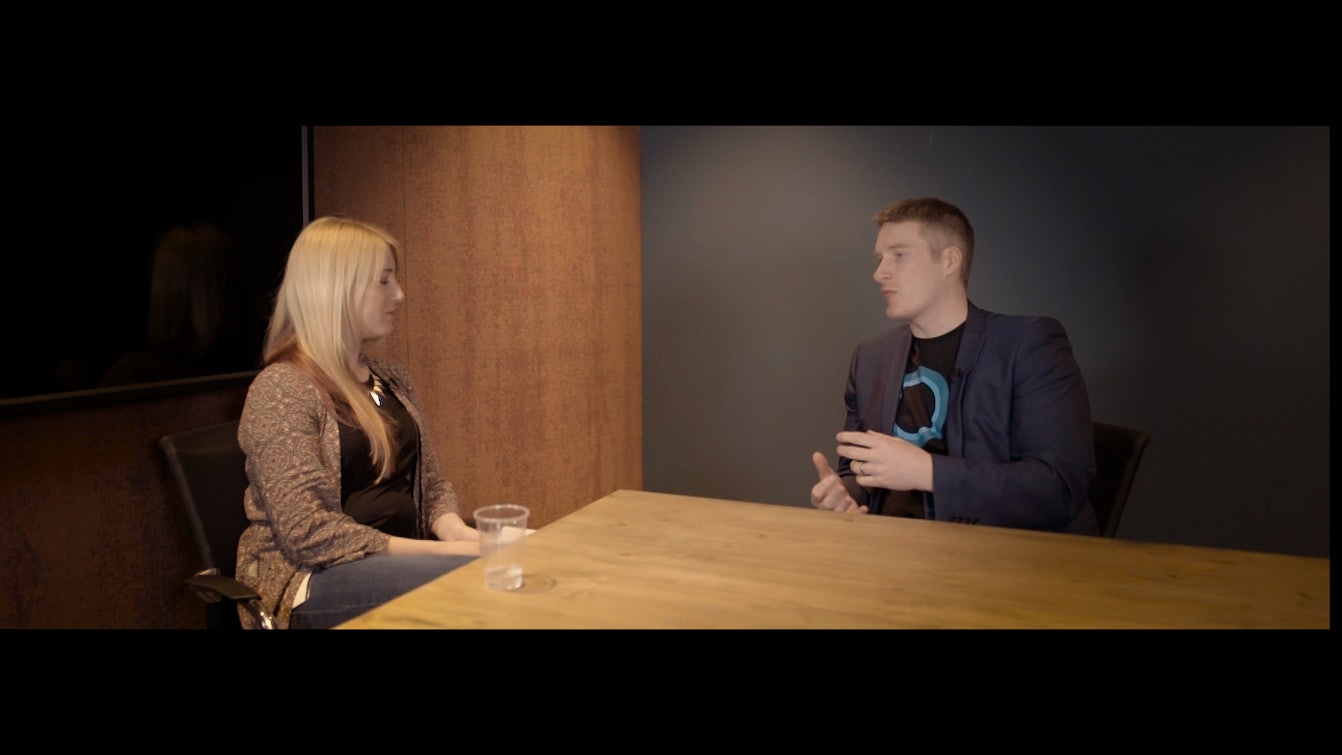Contextual search is a growing area of interest for search marketers. The idea that context will be a more prominent factor in determining personalised rankings has the potential to devalue the impact of links – something that’s been explored but never achieved before.
In an interview with Impression’s Laura Hampton, James Murray, EMEA Product Marketing Manager at Microsoft Bing, explained how Bing is focusing on contextual search to improve experience for its users.
“The whole idea of contextual search is a fascinating area that we’re starting to come to terms with,” he says in the interview.
“We know that search has historically always been about relevance – the more relevant you can be, the more people will use your service because they’re getting the thing that is pertinent to them in that moment. Trying to crack context is going to be the absolute next pinnacle of determining relevance.”
He gives the example of a user searching for a coffee shop using a digital assistant like Cortana. He suggests that the coffee shop that’s recommended to that user should be based firstly on their preference for brand; rather than taking them to any coffee shop, the assistant should suggest the nearest Starbucks, if that’s the user’s favourite.
Context comes into this decision even more when the weather is then taken into account. The same search term “where can I get coffee” would offer a different answer if it’s raining – i.e. just taking the user to the closest coffee shop – depending on the context.
So what does this mean for digital marketers?
Digital marketing over the years has taken on a much broader remit. While SEO ten years ago was a fairly linear process of hitting certain factors on a website and reaping the rewards, today’s SEO practitioner must be much more rounded in their approach.
That means creating experiences for users that breed loyalty; as we heard from Bing, user preference will come into play particularly with local search. Getting the fundamentals such as NAP consistency right will also be important in aiding the search engine’s choice of local answer when it comes to something like proximity to the user at the time.
What will be interesting is how Google will handle this. If Google does choose to use context far more itself, it has not only the greatest market share to be able to gather user insights, but also the access to Analytics data that will no doubt be useful in broader brush contextualisation based on more generic traits like country, gender, age of affinity categories.
Laura Hampton spoke to James Murray about a range of topics relevant to search and paid advertising – view all Bing Interviews here.





